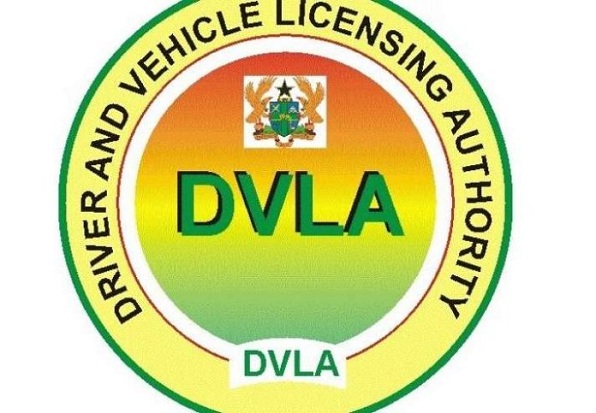The Driver and Vehicle Licensing Authority (DVLA) is set to introduce a new high-tech number plate system embedded with smart chips to enhance vehicle tracking, curb the use of unregistered vehicles, and modernise road safety operations across Ghana.
Acting Chief Executive Officer of the DVLA, Julius Neequaye Kotey, announced the upcoming reform as part of a broader initiative to transform the authority’s operations and eliminate fraudulent practices in vehicle registration.
“We are overhauling the current number plate system. The new plates will be made of durable plastic with embedded smart chips. This innovation will help us eliminate vehicles that have avoided paying duties or are using fake or cloned number plates, what many refer to as ‘Togo cars’,” Mr Kotey explained in an interview.
According to Mr Kotey, the embedded chip technology will allow security agencies to identify and verify vehicle details in real time, significantly improving law enforcement capabilities.
“If someone commits a crime and tries to escape, law enforcement will only need to scan the number plate to instantly retrieve all information about the vehicle. It’s about giving authorities the tools they need to act swiftly and accurately,” he noted.
This smart plate system is expected to drastically reduce the presence of illegal and undocumented vehicles on Ghana’s roads, many of which have been smuggled into the country through ECOWAS loopholes and registered using fraudulent methods.
The DVLA is also exploring the integration of these smart number plates with Ghana’s toll collection system, possibly eliminating the need for manual toll booths.
A committee comprising officials from the Ministry of Transport and the Ministry of Roads and Highways is currently reviewing various toll payment models, including: Automatic deductions via Mobile Money when a vehicle passes a toll point and bundling toll payments into the roadworthiness certification process.
Mr Kotey warned that for the new system to be effective, it must address the proliferation of fake number plates and roadworthy certificates.
He stressed that many of these vehicles evade customs duties and import controls, entering Ghana through ECOWAS transit corridors and later receiving fake number plates.
Mr Kotey called on the public to support the DVLA’s reform agenda, highlighting the broader benefits for road safety, national revenue, and law enforcement.





